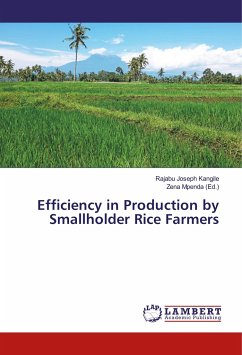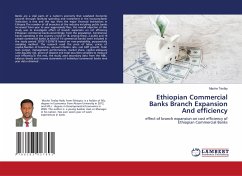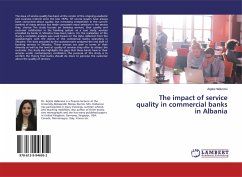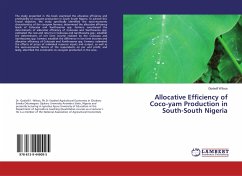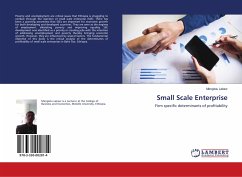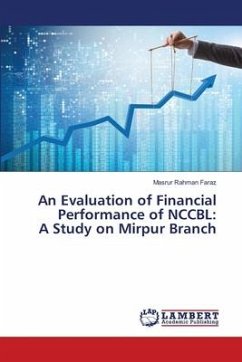
Liquidity Risk, Profitability and Cost Efficiency of Islamic Banks
Liquidity in Islamic Banks
Versandkostenfrei!
Versandfertig in 6-10 Tagen
43,99 €
inkl. MwSt.

PAYBACK Punkte
22 °P sammeln!
Liquidity Risk, Profitability and Cost Efficiency of Islamic Banks discusses major issues faced by banks following the 2008 Global Financial Crisis and 2014 oil price fall. The absence of Shariah-compliant liquidity instruments accentuate liquidity problems particularly in Islamic banks. The banks also face cost efficiency issues in addition to liquidity risk that affect their profitability. The book examines liquidity risk determinants of Islamic banks in ten countries from Organization of Islamic Co-operation (OIC) comprising Bahrain, Indonesia, Iran, Kuwait, Malaysia, Pakistan, Saudi Arabia...
Liquidity Risk, Profitability and Cost Efficiency of Islamic Banks discusses major issues faced by banks following the 2008 Global Financial Crisis and 2014 oil price fall. The absence of Shariah-compliant liquidity instruments accentuate liquidity problems particularly in Islamic banks. The banks also face cost efficiency issues in addition to liquidity risk that affect their profitability. The book examines liquidity risk determinants of Islamic banks in ten countries from Organization of Islamic Co-operation (OIC) comprising Bahrain, Indonesia, Iran, Kuwait, Malaysia, Pakistan, Saudi Arabia, Sudan, Turkey and United Arab Emirate. Profit and Loss Sharing (PLS) contract and profitability were studied as mediators to explain the process through which relationship between liquidity risk and cost efficiency is affected. The study contributes new findings in terms of reaffirming the reluctance of Islamic banks to use PLS contract since it increases liquidity risk.



